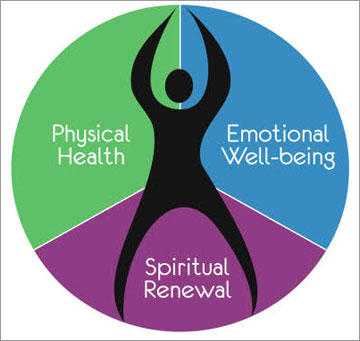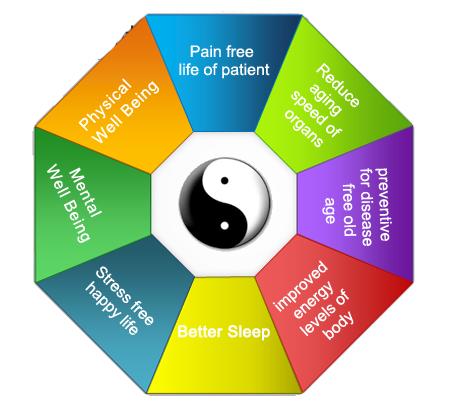Neurological Treatment
Paralysis Motor Weakness
Acupuncture is found effective for the treatment of paralysis caused by a stroke. Researches tested the Shujintongluo acupuncture protocol for the treatment of hemiplegia, a type of stroke affecting one side of the body. The addition of acupuncture to standard drug therapy following an acute cerebral infarction increased the positive patient outcome. early intervention with acupuncture improves patient outcomes for patients with hemiplegia due to an acute cerebral infarction. Pronounced improvements in motor abilities and daily living activities in the acupuncture group were standouts in this investigation.
Sensorineural Deafness
This type of sensorineural deafness is hearing loss due to auditory nerve damage. Side view of ear acupoints and scalp acupoints. The researchers, conclude that acupuncture “can significantly improve the hearing of patients with nerve deafness, and the efficacy of acupuncture in combination with medication is superior to medication alone.”
Speech Disorder
Stroke, also referred to as cerebral infarction, is the second most common cause of death and disability in the world. Aphasia (the inability to communicate through speech or written language) is one of the effects of stroke, occurring in 20–40% of post-stroke patients. These patients experience a significant loss in quality of life due to the inability to express their thoughts or communicate. Early recovery from aphasia is crucial in restoring speech and language capabilities. Acupuncture is effective for the treatment of aphasia after a stroke. Acupuncture patients regained the ability to communicate through speech and written language at a similar rate as drug therapy patients.Acupuncture, as a standalone therapy, produced a 46% total effective rate.


